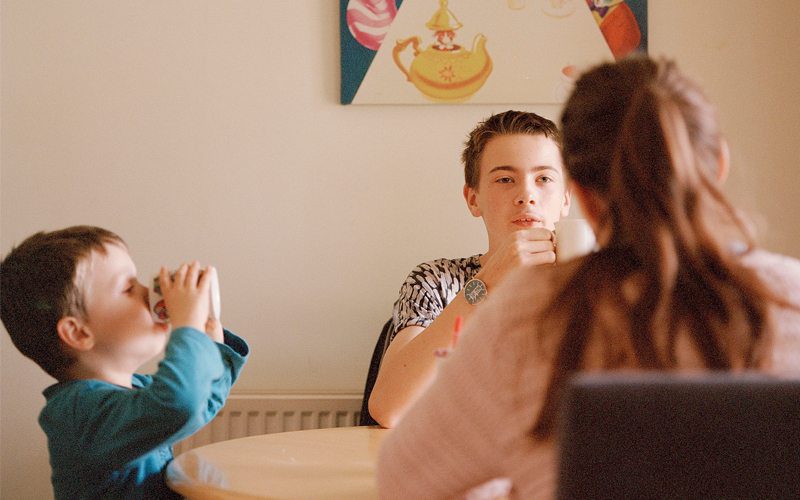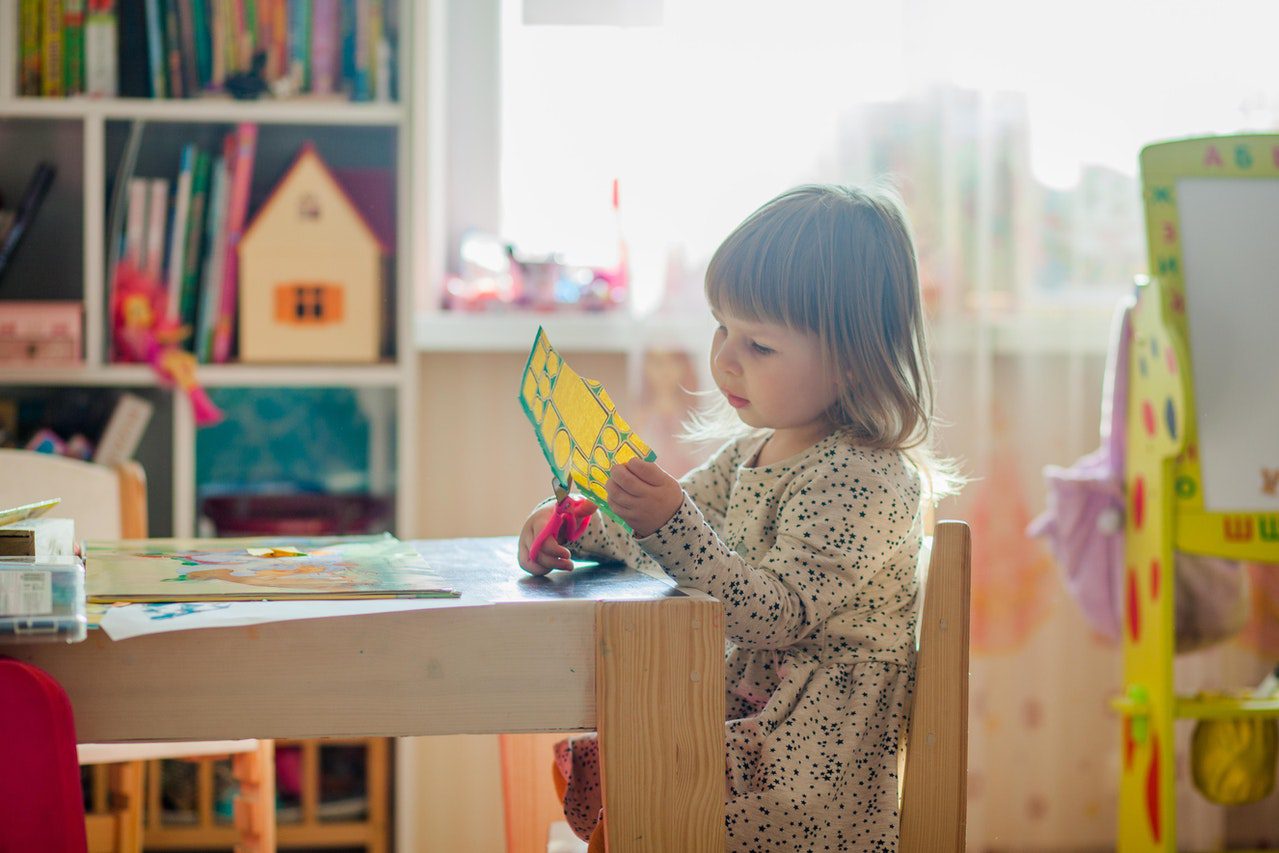With inflation and the rapidly increasing cost of living, going back to work is a necessity for many adults. However, for those with young ones at home, one important question needs to be answered — who is going to take care of the kids?
Childcare is a great solution for busy parents as it ensures that the children’s education and overall welfare are taken care of while the parents are at work.
Stay-at-home parents can also consider some form of Early Childhood Education conducted by trained professionals such as Keilor, as they can help supplement the development of the child. Regardless of the type of childcare you choose, there are a few factors that should be considered to ensure that you make the choice that best suits your child’s developmental needs and your own scheduling limitations.
The overall quality of care
Parents can be assured to know that both childcare and at-home care can achieve the same results for their children, according to the Institute of Child Health and Health Development. However, it is the quality of care that affects the child’s development. Hence, if you are considering daycare for your child, be sure to thoroughly research the daycare’s programmes and reputation to ensure that they are well-equipped to meet the needs of your child. Asking fellow parents around you or browsing through reputable forums is a good way of checking whether a childcare centre is a good fit. The daycare should have sufficient resources to provide interactive learning for your child so that the child can learn through a multi-sensory approach, and not just from books.
Quality of staff
The staff are one of the most integral aspects of daycare, as they are the ones who will spend the most time with your child and play a large role in the vital stages of early development. A low staff-to-child ratio would be ideal, as even the most well-trained staff will not be able to give your child the full attention he or she needs if there are too many other children to care for. Staff turnover is another indicator of staff performance. High turnovers are a sign that the staff may be dissatisfied with their work environment, which would in turn affect the quality of care and education they provide. Besides the environment, a good care centre should also have staff who communicate efficiently and empathetically with the children, instead of just instructing them in a top-down way. After all, children need good role models to learn how to communicate, socialize and express their emotions.
Professional regulations
In Australia, the childcare industry is stringently regulated under the Education and Care Services National Law. The centres are assessed based on the safety and well-being of the children under their care, the relationship between children and staff, amenities and environment, as well as the programs and quality of education. Staff must also possess the necessary qualifications in early-childhood education. Trainees who are actively pursuing one should be supervised by more experienced staff when they interact with children. A team of professionally trained staff is able to fill in the gaps in your child’s education at home.
Environment and setting
At home, the child must be supervised even when the rooms have been meticulously child-proofed to prevent accidents. Child-minding can be less demanding on the parents with additional caregivers or hired help. Even then, children will be safe but not stimulated enough. On the other hand, childcare centres are built specifically with children’s needs in mind. Their facilities are not only child-proof and safe but will also have a rich variety of amenities to enhance your child’s development. Centres have play areas, craft materials, and even instruments for your child to explore their interests and learn holistically.
Quality time
Stay-at-home parenting seems like the best way to spend quality time with your child. However, the laundry list of chores and responsibilities that need to be completed might result in the child spending most of his or her day merely tagging along with the busy parent. This leaves little time for activities tailored specifically to the child’s development, like learning or play. On the other hand, the curriculum at daycare is specifically structured to fulfil all the needs of your child. Daycare can give your child an all-rounded education, take care of their physical and emotional well-being, and give them a safe space to socialize with their peers. In the meantime, parents can fully devote their attention to settling errands and responsibilities. Combining daycare with at-home care can give you the best of both worlds.
Also Read: 10 Best Parenting Books
Types of activities
Regardless of what kind of activities are offered at the daycare, it is important to have a wide variety, such as art, sports, and music. Other than structured lessons, children should also be exposed to guided play and educational games that help them train their motor skills, reading, numeracy, and emotional intelligence. Daycare provides children with opportunities to learn teamwork with children from diverse backgrounds, which would be hard to achieve at home. Daycare also has resources that are beyond the budget of most parents, like musical instruments.
Preparatory education
While learning should be fun for children, it should still be structured around educational milestones so that the children are well-prepared for first grade. Care centres should have a school preparedness program that teaches the children basic reading, writing, and calculations. Such programs should also help the children become more independent. This ensures that they can cope with the academic rigours and social expectations of grade school, where they cannot rely on parental supervision to get through the day.
Home-schooling may be more appealing to parents who are worried that group lessons will not give their children sufficient assistance in understanding the material.
However, it can be quite taxing to develop an at-home school preparedness program as parents may not be aware of the most up-to-date requirements of the curriculum. On the other hand, programs at care centres are designed by education professionals who are very familiar with the current syllabus.
Also Read: 8 Ways To Plan For Your Kids’ Future
Conclusion
While the topic is much debated, there is no definitive answer as to whether childcare centres or at-home care is better for your child. However, you can still find the perfect fit for your child by considering the limitations of your schedule and your child’s developmental needs. The type of programs provided by daycare centres near you can also help you decide if enrolling your child in daycare is worth it. Regardless of your final choice, remember that the quality of care is the most important at the end of the day.





